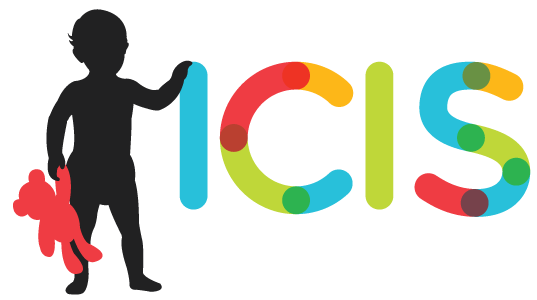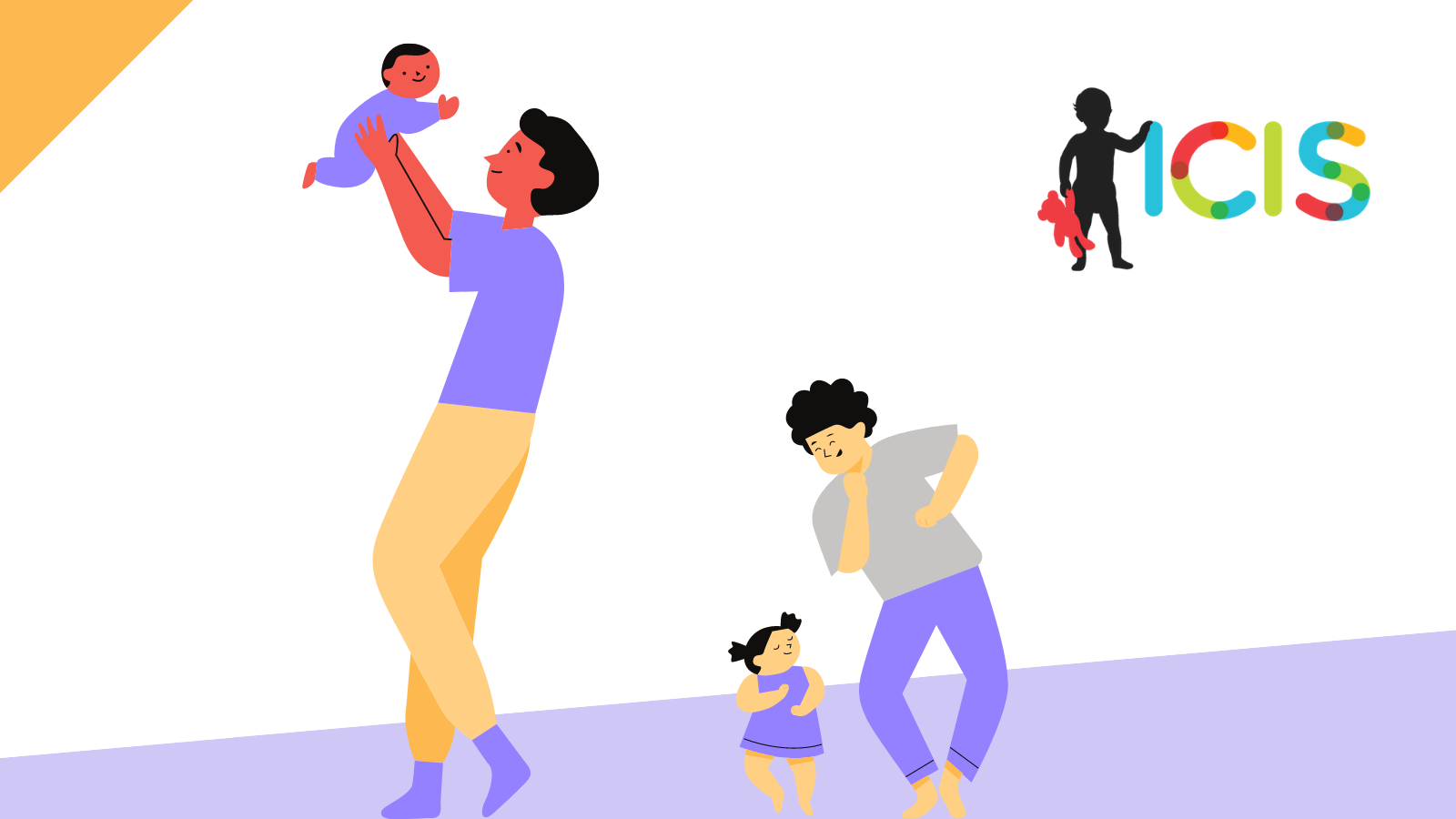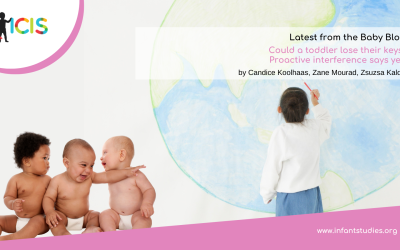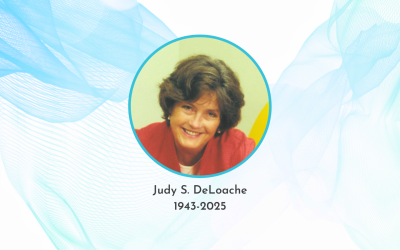by Kiley Hamlin & Vanessa LoBue
Welcome to the first official entry of the ICIS “Baby Blog!” What is the ICIS baby blog, you wonder? Why do we need one? And why am I reading this at all, don’t I have enough going on?
We’re glad you asked.
No one really needs a baby blog. We all have a lot on our plates between reviewing articles, writing articles, teaching classes, mentoring students, and trying to have a personal life. We get it, and we’re with you. But although we don’t need to have an ICIS Baby Blog, there are lots of reasons why some of us might want to have one.
First, an academic blog can highlight research findings that you might not have heard about or read about yet. We know that we already have an Infancy journal for that, so why do we need a blog too? Part of the reason is that we can write about findings more casually, in a way that’s easier to understand in a blog post. We can speak conversationally instead of in our formal science-speak, to make sure that our critical take-home messages are clearly conveyed to a broad audience of infant researchers. We can also talk about why we think our findings are important for the field and for real live babies in broad terms that might not work for an empirical article. We can also speak to audiences (professional and non-professional) who might not otherwise be aware of our work. In this way, a baby blog might turn you on to new research that you haven’t sought out yourself from journals, or open your mind to the real-world implications of some of the findings from our field.
Several blogs also highlight researchers themselves instead of specific findings. This isn’t something we can do easily in academic journals. Having a dedicated space where we can profile researchers is important for a number of reasons. First, it’s easy to forget when we’re reading articles (or, ah hem, when we’re reviewing or commenting on them) that there are real people behind our scientific findings, with interesting stories to tell about how they became an academic or how they became interested in their research questions. This brings a human face to our data, and it can also help highlight the accomplishments of the extraordinary people who are behind the extraordinary work that we do. It can also elevate researchers in our field who may not get the recognition they deserve, especially junior members of our field, women, and people of color.
A blog can also serve as a springboard for new methods and technologies that can help those of us who are struggling with methodological, statistical, or interpersonal issues that surround developmental science. I mean let’s be honest, as ICIS members, many or most of us work with infants, which isn’t easy. Babies don’t want to do what we want them to do, they can’t talk, they drool on our equipment, they poop in our labs, and they cry during our carefully crafted studies (sometimes a lot). It’s a good thing they’re so cute. Having a way for us to highlight new and innovative techniques in a way that is informal, non-technical, and easy to digest might open up exciting possibilities for our labs that we might not have otherwise run into by scanning the empirical literature.
Finally, blogs are fun; they let us express ourselves informally and conversationally in a way that we don’t usually get from writing grants and publishing articles. We hope you’ll agree and tune in for monthly installments of the ICIS Baby Blog starting in April, where we will highlight new published findings, shine a spotlight on the researchers in our field, and share new tools of the trade that might help make your life easier.
Welcome—we hope you have fun.
About the Author

Kiley Hamlin
University of British Columbia
Dr. J. Kiley Hamlin is a Professor of Psychology at the University of British Columbia, and holds a Tier 2 Canada Research Chair in Developmental Psychology. She received her doctorate from Yale University in 2010, and her undergraduate degree from the University of Chicago in 2005. Her work explores the earliest developmental origins of the human moral sense, by examining precursors to moral cognition and action in preverbal infants.

Vanessa LoBue
Rutgers University
Vanessa LoBue, Ph.D., is an Associate Professor of Psychology at Rutgers University. She received her B.S. from Carnegie Mellon University and her M.A. and Ph.D. from the University of Virginia. Dr. LoBue’s research focuses on human behavioral responses to emotionally valenced stimuli—specifically to negative or threatening stimuli—and the mechanisms guiding the development of these responses. More specifically, she examines how early perceptual biases for threat contribute to maladaptive avoidance behaviors, such as those associated with the development of fear and anxiety, and how cognition contributes to children’s learning of adaptive avoidance responses, such as avoidance of contagious people or contaminated objects.




